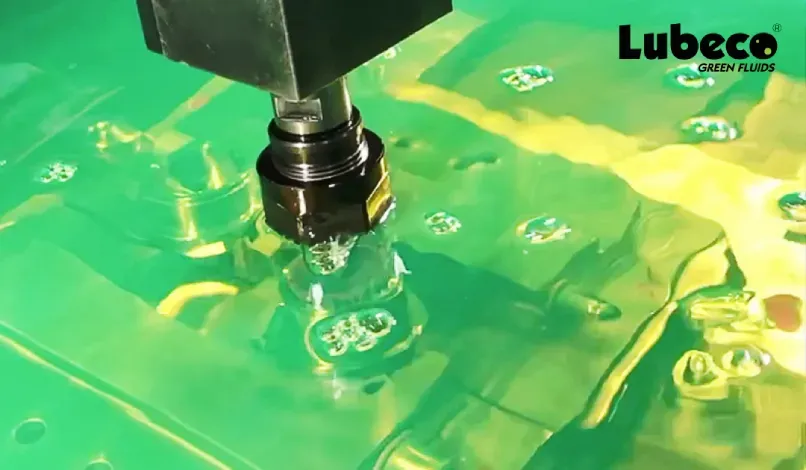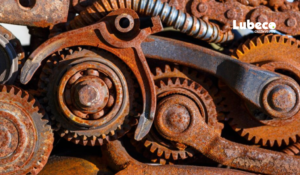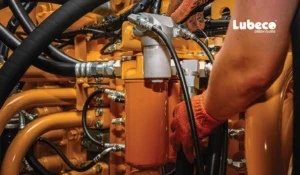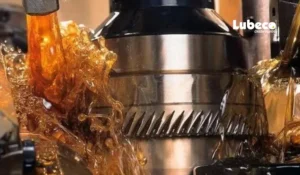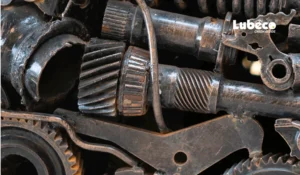Electrical Discharge Machining (EDM) is a versatile and precise manufacturing process used in industries such as aerospace, automotive, and toolmaking. It involves the removal of material through controlled electrical discharges between an electrode and a workpiece. One crucial element in EDM operations is the dielectric fluid, which plays a vital role in ensuring the efficiency, quality, and safety of the machining process. In this blog, we will explore the importance of dielectric fluids in EDM and guide you through the process of choosing the right dielectric fluid for your specific EDM operations.
Dielectric Fluid in EDM: An Overview
Dielectric fluids, commonly referred to as EDM oils or EDM dielectrics, are conductive liquids that are essential to the EDM process in a number of ways:
- Electrical Insulation: Dielectric fluids are electrically insulating, preventing direct contact between the tool electrode and the workpiece. Because of the insulation, controlled electrical discharges can take place in the spark gap, degrading the workpiece’s substance.
- Cooling and Heat Dissipation: During EDM, a great deal of heat is produced at the location of the electrical discharge. Dielectric fluids aid in the heat’s dissipation, reducing the risk of workpiece and electrode damage at high temperatures.
- Debris Flushing: The dielectric fluid also acts as a flushing medium, clearing the spark gap of eroded particles and maintaining a clean cutting environment.
- Improving Surface Finish: The choice of dielectric fluid can influence the surface finish of the machined part.
Factors to Consider When Choosing Dielectric Fluid:
Selecting the right dielectric fluid for your EDM operations involves considering various factors:
- Material Compatibility: Different dielectric fluids are suitable for specific materials. For example, hydrocarbon-based dielectrics are often used for steel and other ferrous materials, while deionized water or low-viscosity dielectrics are preferred for aluminum and other non-ferrous materials. Ensure that the fluid you choose is compatible with the workpiece material.
- Flammability and Safety: Safety should always be a top priority. Some dielectric fluids are flammable, while others are non-flammable. Your choice should align with your safety protocols and the local regulations in your area.
- Viscosity: Dielectric fluid viscosity affects the flushing capabilities of the fluid. Higher viscosity fluids can effectively remove debris but may leave a thicker residue on the workpiece. Lower viscosity fluids can offer a cleaner surface finish but may be less effective at debris removal.
- Surface Finish Requirements: Consider the desired surface finish of your machined parts. Some dielectric fluids can help achieve finer surface finishes due to their chemical properties and flushing capabilities.
- Erosion Resistance: Dielectric fluids can vary in their erosion resistance. This is important if you’re machining materials with high erosion rates, such as tungsten carbide. Specialized dielectric fluids with high erosion resistance may be necessary in such cases.
- Longevity and Maintenance: The longevity of the dielectric fluid and maintenance requirements should be taken into account. Some fluids require more frequent replacement and maintenance than others.
- Cost Considerations: Cost is always a factor. While high-performance dielectric fluids may offer superior results, they can be more expensive. Weigh the benefits against the costs to find the right balance for your specific needs.
- Environmental Impact: Consider the environmental impact of the dielectric fluid. Some modern dielectric fluids are more environmentally friendly and compliant with regulations, making them a responsible choice.
Common Types of Dielectric Fluids
- Mineral Oil-Based Dielectric Fluids: These are traditional dielectric fluids and are highly stable and insulating. They are commonly used for general-purpose EDM operations.
- Synthetic Dielectric Fluids: Synthetic fluids are formulated to offer better erosion resistance, improved surface finish, and extended fluid life. They can be more expensive but are often worth the investment for precision machining.
- Deionized Water: Water-based dielectrics are non-flammable and environmentally friendly. They are ideal for operations where high surface finish and intricate detail are essential.
- Low-Viscosity Dielectric Fluids: These fluids have a lower viscosity, making them suitable for fine detail work and achieving superior surface finishes.
Conclusion
Choosing the right dielectric fluid for your EDM operations is a critical decision that can significantly impact the quality, efficiency, and safety of your machining processes. Consider the material compatibility, safety, viscosity, surface finish requirements, erosion resistance, longevity, cost, and environmental impact when making your selection. Consulting with EDM experts or fluid suppliers can also provide valuable insights into the best dielectric fluid for your specific needs. By carefully evaluating these factors, you can ensure optimal performance and results in your EDM operations while maintaining a safe and environmentally responsible workspace.

